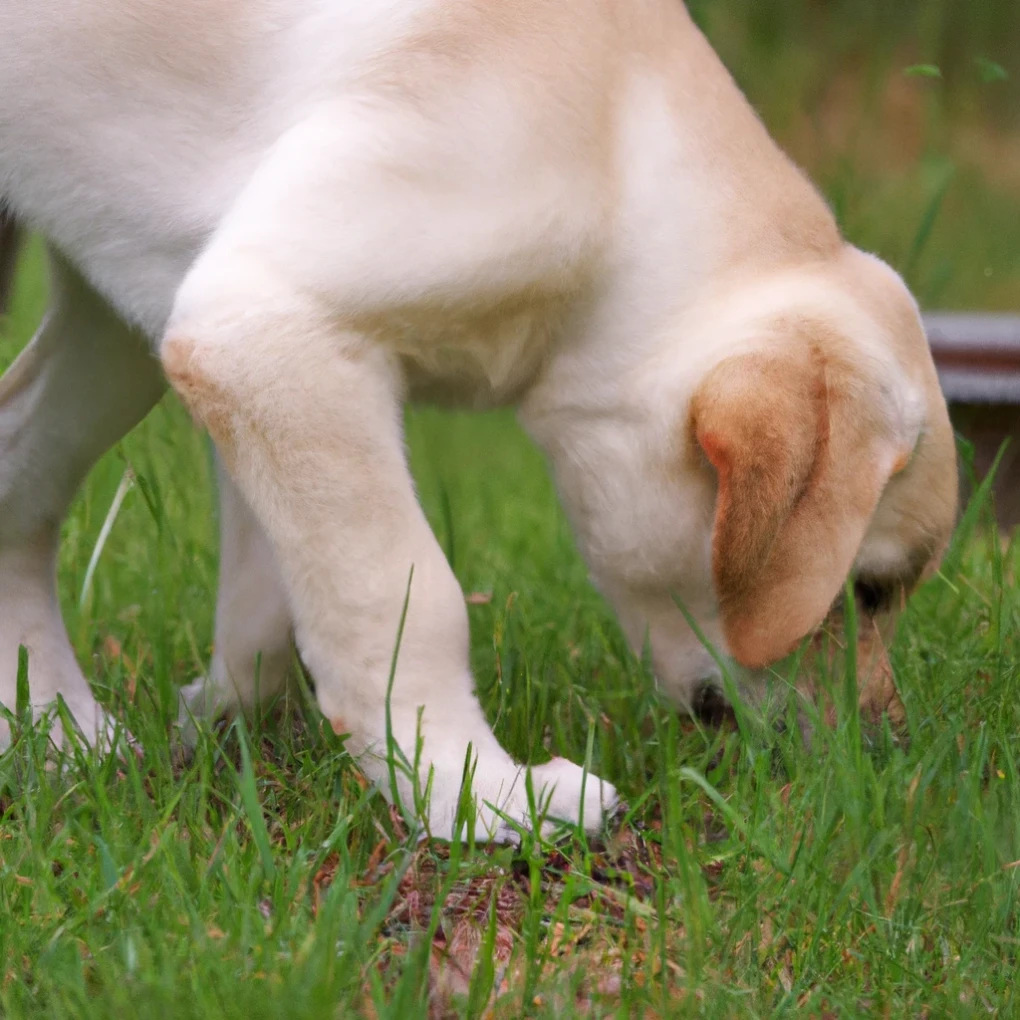How To Potty Train Your New Puppy: Step By Step

Congratulations on your new furry family member! Bringing a puppy into your home is an exciting and rewarding experience. But as with any new addition, there are challenges to navigate. One of the first and most crucial tasks? Potty training. But fear not! With patience, consistency, and the right knowledge, you can set your puppy up for a lifetime of good habits.
The Importance of Consistency
To ensure successful potty training, consistency is your best friend. Just as humans thrive on routines, so do puppies. By establishing a regular schedule for meals, playtime, and potty breaks, your puppy will quickly grasp what's expected.
Key Takeaways:
- Patience and Positivity: Potty training isn't a one-day process. It can take anywhere from a few days to several months. Celebrate small wins and remember, setbacks are just opportunities for learning.
- Routine: Consistency in feeding and potty schedules is paramount. Younger puppies, especially those under 24 weeks, might need to potty as often as 3 to 5 times a day.
Step-by-Step Guide to Potty Training: A Detailed Look
1. Designated Potty Spot
Choose a specific area in your yard or nearby park. The consistency of this spot helps puppies recognize and remember where they're supposed to go.
How To: Find a quiet area with minimal distractions. Over time, the scents left behind will prompt your puppy to potty there naturally.
2. Morning Ritual
Starting the day with a routine helps set expectations for your pup.
How To: As soon as you wake up, leash your puppy and guide them to the designated spot. Make this a calm experience, avoiding play or other distractions.
3. Explore and Mark
Allowing exploration helps your puppy get familiar with the area.
How To: Offer a loose leash so they can sniff around. If they seem distracted, gently guide them back to the task with encouraging words.
4. Positive Reinforcement
Puppies thrive on praise. Whenever they do something right, let them know.
How To: Use an upbeat, cheerful voice. Say phrases like "Good job!" or "Well done!" Treats can also be a powerful motivator.
5. Post Activity Breaks
Activities stimulate the bladder and bowels.
How To: After meals, naps, or play sessions, promptly take your puppy out. Over time, they'll understand the routine.
6. Walk and Encourage
Movement can help stimulate the need to go.
How To: Walk your puppy around the designated area, using encouraging words like "Go potty" or "Do your business."
7. Command Association
Establish a specific word or phrase for potty breaks.
How To: Consistently use the same command every time they're about to do their business. This repetition will help them make the association.
8. Reward System
A reward system reinforces good behavior.
How To: After they've done their business, offer a treat and lots of praise. Keep treats handy, especially during the early days of training.
9. Routine Checks
Young puppies have small bladders.
How To: Set a timer for every 1-2 hours as a reminder to take your puppy out. This frequency reduces the chance of accidents.
10. Recognize the Signs
Every puppy will show signs when they need to go.
How To: Look for behaviors like sniffing, circling, or whining. When you notice these, act quickly.
11. Accidents Happen
Instead of reprimanding, use accidents as a learning opportunity.
How To: If you catch them in the act, use a firm "No" and guide them outside. Clean the area thoroughly with an enzymatic cleaner to remove scent markers.
12. Nighttime Routine
Ensure a peaceful night by establishing a bedtime routine.
How To: Just before you go to bed, take your puppy out. Limit water intake an hour before bedtime to reduce nighttime urges.
Common Challenges and Solutions
Refusing to Go Outside
Challenge: Your puppy might be hesitant or scared of the outdoors.
Solution: Begin with short outdoor sessions. Play with them or offer treats to associate outdoors with positive experiences. Over time, gradually increase the duration.
Frequent Accidents
Challenge: Even with regular breaks, your puppy might have accidents.
Solution: Ensure you're taking them out frequently. If accidents persist, it might be worth consulting a veterinarian to rule out any health issues.
Distractions During Potty Time
Challenge: Sometimes, a puppy might be more interested in play than potty.
Solution: Keep toys and play for post-potty as a reward. If in a public place, choose a quieter spot away from the main action.
Not Recognizing the Potty Command
Challenge: Your puppy might not respond to the command immediately.
Solution: Be patient. Consistency is key. Use the command every time, and they'll eventually make the association.
Remember, the key to successful potty training lies in patience, understanding, and consistency. With the right approach and mindset, your puppy will be well on their way to becoming a well-trained member of the family!
Remember, the key to successful potty training lies in patience, understanding, and consistency. With the right approach and mindset, your puppy will be well on their way to becoming a well-trained member of the family!